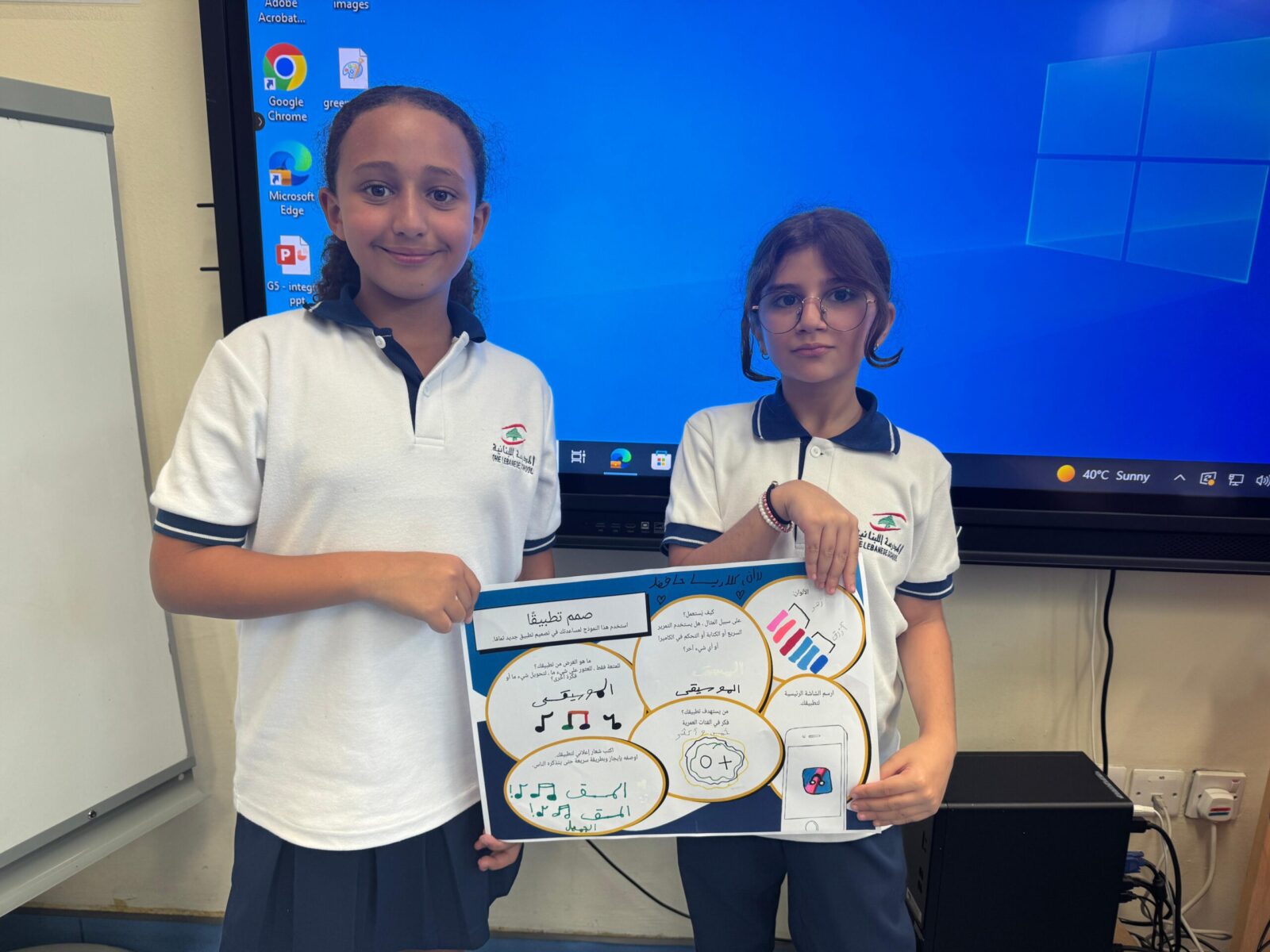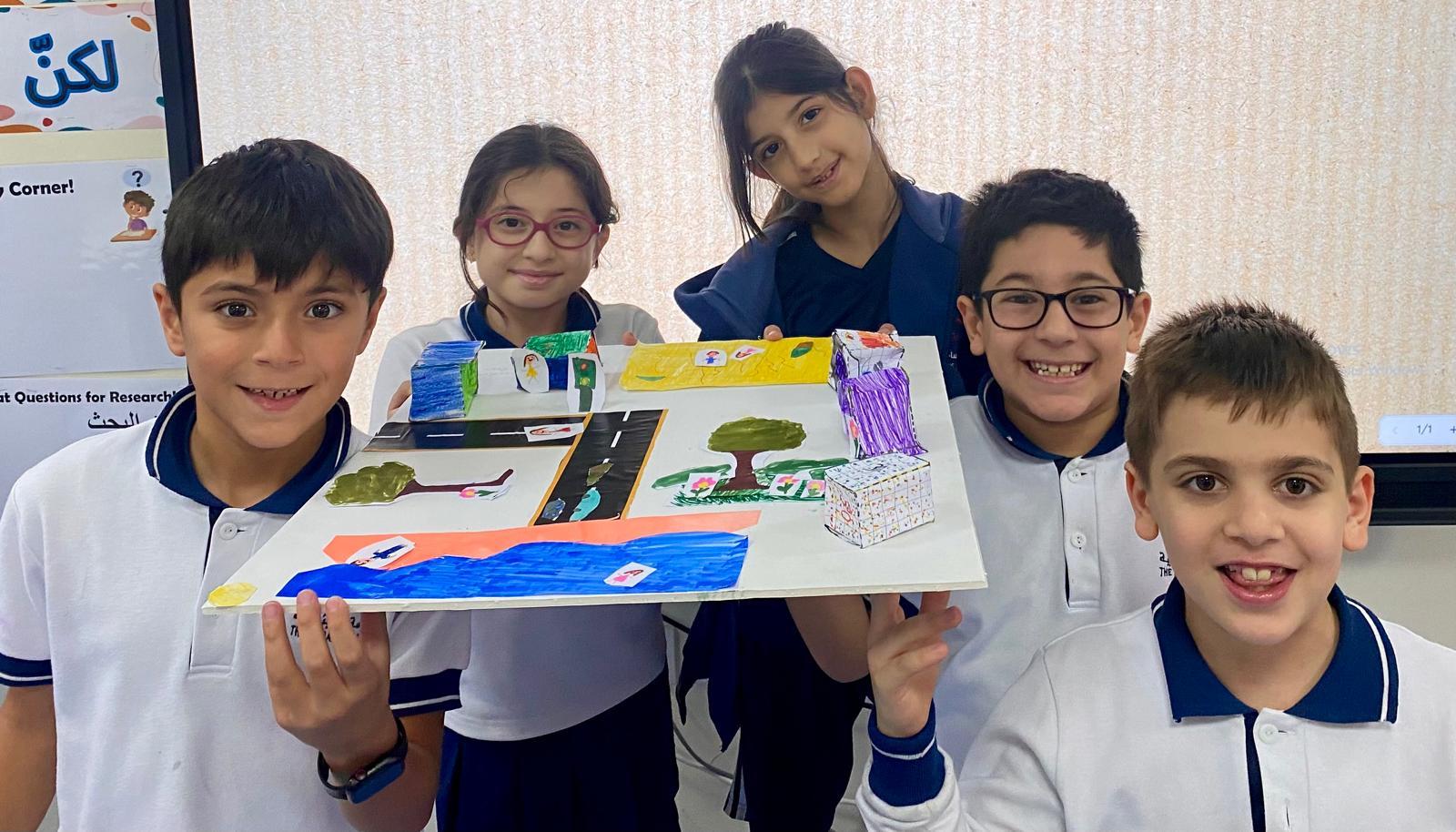
Explore the ongoing issues of oppression and genocide in our world today through the eyes of ninth grader Mayssam Sebaaly. Despite progress, these problems persist, fueled by economic struggles, societal biases, and cultural clashes. Join us in understanding the impact of these issues and the call for action against them.
Much Ado About Nothing
It is with deep misfortune that the world, so claimed to be developed and procured, still suffers from un-humane like actions like oppression and genocide. When pronouncing these two despicable words, a mind, like any other unapologetically wanders to “ye olden days”, distant from whatever time and land humans live on today. This, of course, couldn’t be farther from the truth. Even amidst these liberal times, where democracy rules above all else, oppression and genocide maintain their unwavering chokehold on society and its wake. The causes for oppression and genocide are many, but the most prominent ones out of the bunch are because of economic instability, hatred towards diversity, and culture. The effects for oppression and genocide include the weakening of the economy in a country, daily stressors intact with generational trauma, and the increase in poverty and isolation.
To begin with, economic and political instability in Third World countries that have extremely limited resources is a serious problem, as it pushes citizens into desperate times. As one knows, “desperate times call for desperate measures”; however, these instabilities instigated in third world countries open a world of genocide to those who have been among the unlucky in facing problems with health and food. As a result of the poor state of these countries economically and politically, people resort to other countries, basking in mediocre, or even state-of-the-art conditions, and unleash the wrath of their dangerous, chemically filled weapons, and attack, all in favor of searching for clean water and nutritious food for their families. As a result of this genocide and oppression, the targeted country suffers from weakened economy. It puts the term “the blind leading the blind” in a whole new light.
Moreover, genocide, or mass murder, kills more people than every historical war combined. These types of genocide are intact with oppression in many countries across the globe. Oppression feasts on the sufferings of others, and most commonly, on hatred towards diversity. People seem to think that everyone must be born the same in ways of thoughts and appearances. Though this horrid mentality is utterly shameful, it is simply the way of the world. When these people begin to realize that very one was born differently, as the Creator intended, they get angry. This need fuels fire, and eventually, oppression fuels genocide. The most common repercussion for this genocide is generational trauma, or more widely referred to, as daily stressors. Ethnic cleansing is what deprives people of their roots and their origins. It is viewed as one of the worst forms of genocide. Generations and generations will scarcely, and in some cases, never be connected to what makes them themselves because of both genocide and oppression. “Daily stressors can negatively impact mental health” (Fernando, Miller, & Berger, 2010; Miller Rasmussen, 2010).
Furthermore, oppression, which is deeply which is deeply fabricated in culture and society, plays a role in genocide. A term which here combines the Greek word for “race” or “tribe” and the Latin -cide, which means “killing”. This genocide and oppression are the cause for dreadful, devastating, long-lasting effects on people and their land, as well as their countries. It results in the complete obliteration of people’s homes, families, lives, and the backbone of their infrastructure. As if that isn’t enough, poverty increases, and families are isolated from the building blocks of basic human needs, like clean water, medical attention, and education— a right that every child must undoubtedly have.
In conclusion, oppression and genocide are negative causes for even more disturbing results on humans and society. These causes vary from economic instability, hatred towards diversity, and even culture. They end in grave effects like the weakening of economy, generational trauma, and the increase in poverty and isolation. Oppression and genocide are the leading causes of very disturbing effects on societies, so people must tame this raging bull to put. Stop the brewing of havoc and mayhem for good—or as much as humanly possible.








